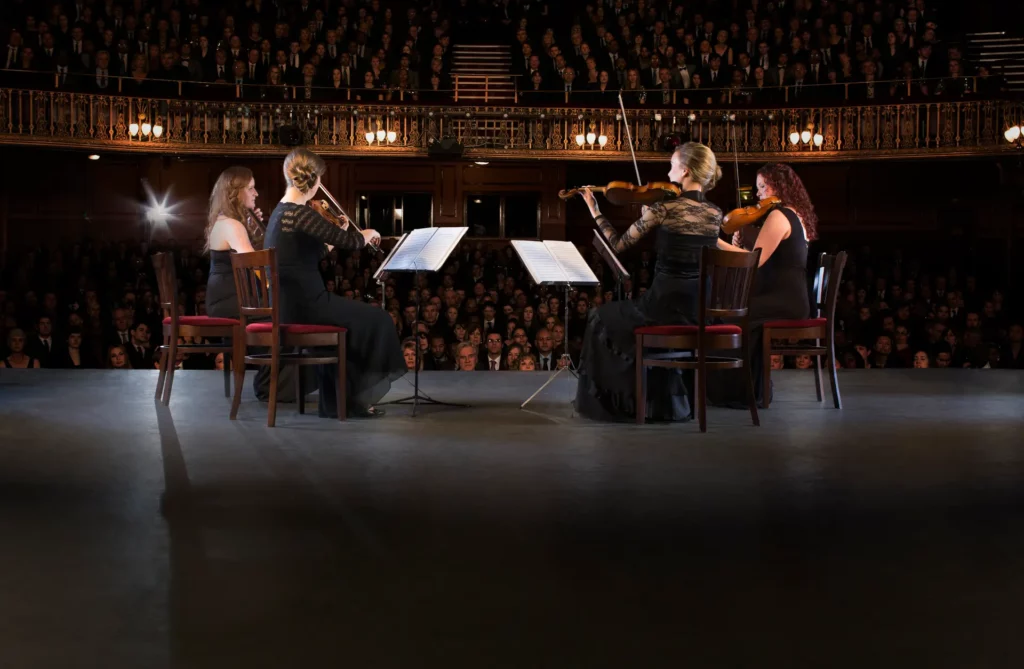
Compose: Building Blocks of Creation
Compose is a verb that refers to the act of creating or forming something by combining various elements:
- Examples
“She composed a beautiful piece of music.”
“The artist composed an intricate painting.” - Usage
Compose emphasizes putting together distinct elements to create a unified whole.
Comprise: Constituent Parts of a Whole
Comprise is a verb used to indicate the inclusion or incorporation of parts within a larger whole:
- Examples
“The team comprises experts from various fields.”
“The festival comprises a series of cultural events.” - Usage
Comprise highlights the idea that something includes or is made up of its constituent parts.
Distinguishing Usage
- Creator vs. Components
Compose emphasizes the act of creation or formation by an individual or entity.
Comprise focuses on the components or parts that make up a larger entity. - Active vs. Passive Construction
Compose is used in active construction, indicating the action of creating.
Comprise is often used in a more passive construction, emphasizing what is included.
Common Pitfalls to Avoid
- Incorrect Use of “Comprised Of”
Incorrect: “The team is comprised of skilled professionals.”
Correct: “The team comprises skilled professionals.” - Misuse of “Composed Of”
Incorrect: “The committee is composed of representatives from each department.”
Correct: “The committee comprises representatives from each department.”
Navigating Everyday Language
- In Creative Pursuits
“The novel is composed of multiple storylines.”
“The painting comprises vibrant colors and intricate details.” - In Organizational Context
“The company is composed of dedicated employees.”
“The project comprises various stages of development.”
Precision in Communication
- Choosing the Right Verb
Understanding the specific action or relationship between parts aids in selecting the appropriate term.
Consider the context to ensure clarity in conveying your intended meaning.






